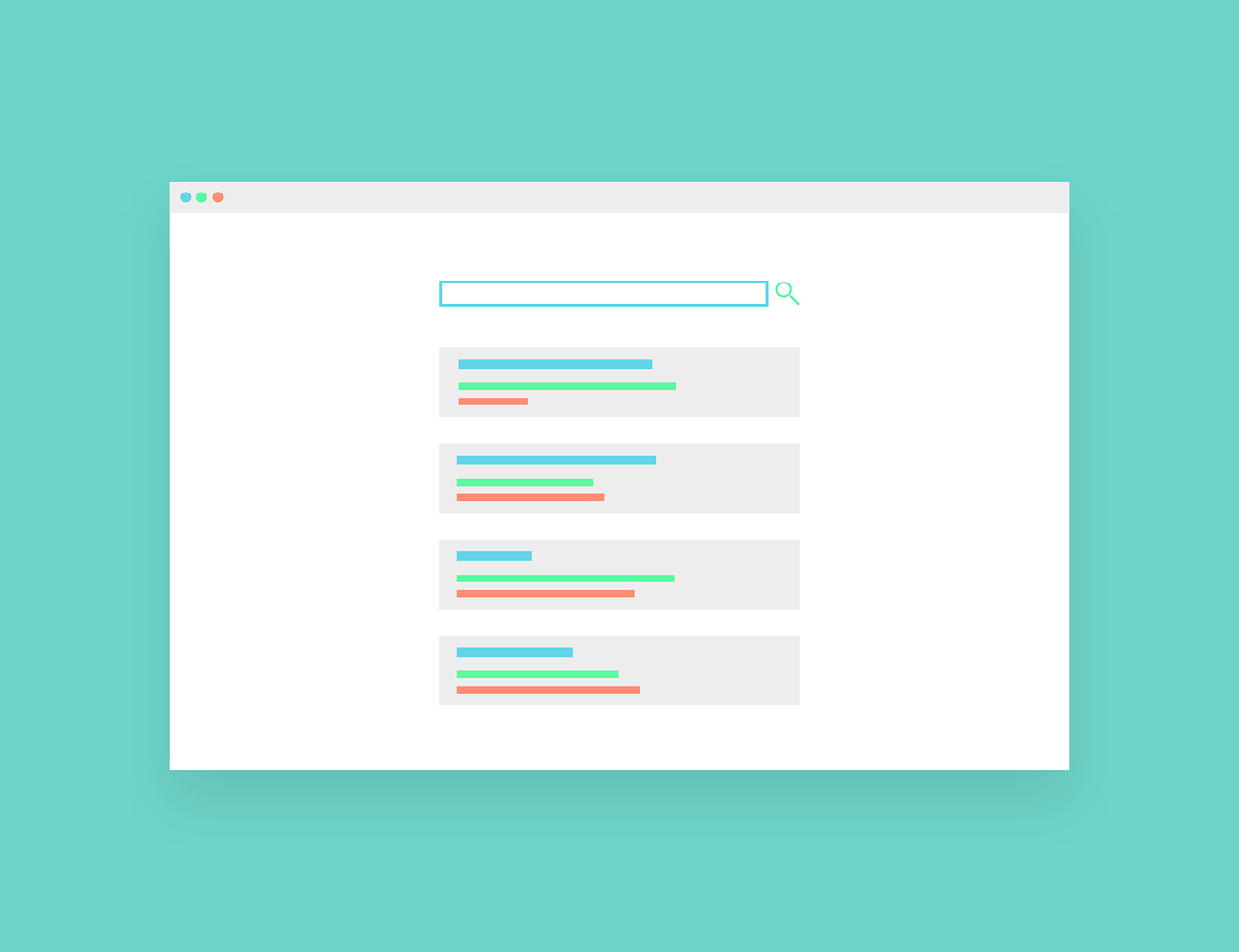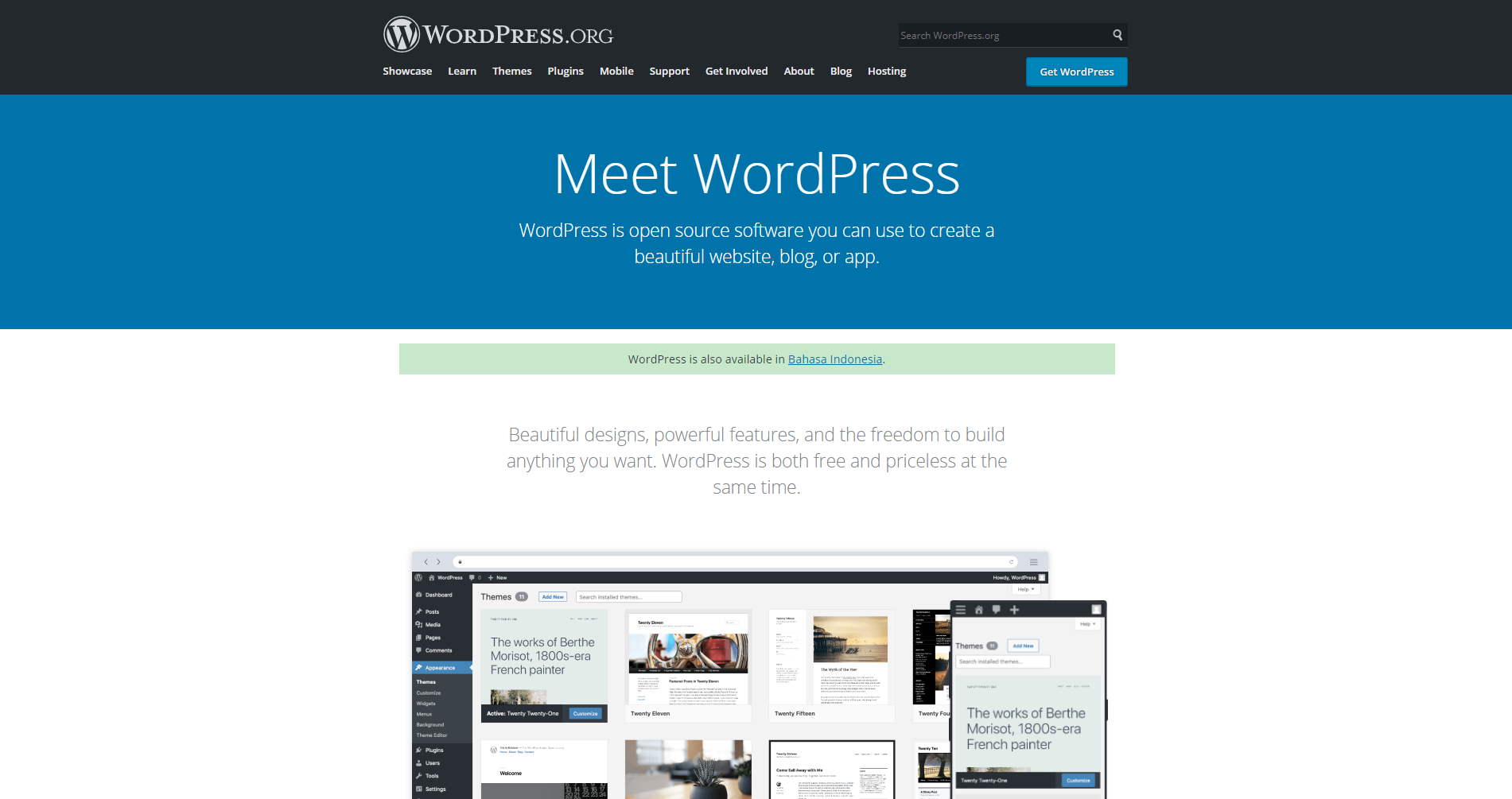SEO is not just online promotions of the website, and it’s much more complex than that. When ranking sites, search engines consider hundreds of factors, and page experience is one of them. Search engine optimization or SEO considers all those factors to make websites search engines ready. Search engine optimization is vital for almost any brand as it is the simplest and most effective way to build customer engagement. It helps optimize the whole website performance with on-page and off-page website optimizations strategies.
Google keeps updating its strategies to provide the best user experience and make websites ranked on search engines, and its latest page experience is doing the same. If you’re still not familiar with what page experience is? Then you’re not alone. Many digital marketing experts are still figuring out the right strategy to increase their website page experiences and make their websites search engine friendly.
Here in this article, we will discuss Google’s latest page experience update more in-depth and see how it plays a significant role in on page seo.
What is the latest page experience update?
Google has already given the full-fledged detailed documentation on-page experience, But here I am going to brief you about the basics of page experience. Page experience is a set of metrics that includes various other google ranking factors such as website loading speed, user-friendliness, website responsiveness, safe browsing experiences, etc., to provide the best user experience to the users. These factors fall under core web vitals, according to google. Let’s understand what Core Web Vital is:
Core Web Vitals: Core web vital is a set of user metrics that includes website speed, usability, interactivity of the website. All these metrics collectively help improve page experience and increase overall website quality. Core Web Vital focuses on these three metrics.
- Largest Contentful Paint (LCP): It is the average time a website takes to load completely to provide the best user experience.
- First Input Display (FID): First input display is the average time a website interacts with the user.
- Cumulative Layout Shift (CLS): Cumulative layout shift is the visual stability time a website takes to provide the best user experience.
To update your websites to meet the latest page experience update requirements, you need to consider all those other factors while optimizing your website. But the question is how to choose the right SEO strategies. Well, if it’s a challenging task, though, there are a lot of techniques that help increase website quality and performance but choosing the right one for increasing page experience is really a daunting task.
We have listed the top 7 best and the most effective SEO company strategies to make your website page experience ready.
Best SEO strategies for Page Experience
-
Attention is the key to an effective page experience
Traditional methods of grabbing your user’s attention are attractive banners, pop-ups, animations, videos, etc. But including these elements in the web page can make your website heavy and slow. To avoid this and increase your website loading speed, include only elements that are 100% required on that page. Attention is the key, but the user experience is even more crucial to gain users’ trust. Pop-ups, videos, animations, etc., are adequate to grab users’ attention, but at the same time, they can be annoying and detach users from their goals. This results in ulcer message delivery, increased bounce rate, slow loading website seed.
-
Optimize for mobile devices
Mobile devices are increasing drastically, and people are using mobile devices for various purposes such as internet browsing, listening to music, reading, office work, etc. Mobile devices and smartphones are now becoming an integral part of our lives. So we can’t ignore smartphones while optimizing web pages for a better page experience. You will be surprised to know that around 70% of total website traffic comes from mobile devices, and businesses that target their customers through mobile devices end up making good profits. So, it is crucial to optimize your web pages to adapt even smaller screens to increase page experience and the overall user experience of the website.
-
Page security
People love to browse secure websites. Websites that are secured attract more audiences and gain users’ trust. This implies on web pages too. Secured web pages provide better security and increased page experience. You must provide your users a better experience and trust before making them your loyal customer. You can buy SSL certificates from trusted sources such as Godaddy to make your website secure, increase page experience and provide a better user experience.
-
Provide interactiveness
It is reported that appealing websites end up providing a better user experience. How? A website including attractive content, CTA’s, etc. appeal users to spend more time on your website and motivate them to take actions. Making a website interactive, you increase the First Input Display (FID) of the web pages and website, ultimately increasing the website’s page experience.
-
Organization of structure
Better organization of website elements and structure increase website stability. Well-structured websites increase website traffic and improve the Cumulative Layout Shift (CLS) of a particular page. The organized structure of the web pages makes websites more stable, increases web page loading time, and motivates people to perceive your products and services. Along with that, web pages with structured elements make websites more responsive and beautiful. For this, you can take help from a web designer.
-
Create user-friendly content
Content is the best and the most effective way to target the right audience and provide them better user experience. Websites include creative, informative, user-friendly content and end up making more loyal customers. People return to the site, again and again, to learn, educate and value their knowledge about your products and services. High-quality content on the website provides a better user experience and increases users’ trust in your brands and business.
-
Handle page errors strategically
The user sees such an error on the device screen if he clicks on a remote or nonexistent page link. If the server does not respond with “HTTP / 1.1 404 NotFound” when contacting, then such a URL can get into the search engine index, negatively affecting the resource’s ranking in the future.
To check for the presence of an error page, enter any nonexistent address on the site into the search box. The 404 templates should allow the user to continue with the site or return to the home page. Otherwise, the person will get stumped and close the tab.
-
Setting page load speed
Slow page loading negatively affects the behavior of the user and the search engine to the site. The user can leave without waiting for the full load, and the search robot can exclude from the index or pessimize the page. To improve loading speed, it is recommended to reduce the weight of images, remove unnecessary and unused code, or move the site to a more expensive hosting.
-
No technical duplicate pages
Each page of the site should be accessible only by one physical address. Duplicate pages with the same URL decrease the credibility of the original page as well. However, if there is another URL, you need to remove the page or close it from indexing in robots.txt. Also, the URL should not contain session identifiers, lists of CGI parameters. You can detect duplicates by checking the server response code and get rid of them by installing a 301 redirect.
-
Competitor analysis
When carrying out internal optimization, it is recommended to analyze competitors to select the necessary elements such as site search, catalog organization, price list, display of product characteristics, the presence of a designer, a selection form, a loan calculator, content structure, keywords, website structure, etc. Usually, an analysis of five or six sites is sufficient. You can do more if you want to explore more about your competitors and their performance on search engines. It will help you understand your competitors and the marketing strategies they are using.
Checklist of SEO optimization of the page experience
Search engine optimization done according to all the rules will be an essential step towards successfully promoting your website on the Internet and increasing page experience. But by optimizing your website for better page experience and user experience, you risk your web page structure and worsen your website performance on search engine pages.
In order to correctly carry out site optimization and not fall under the filters of search engines, you should have a serious theoretical base and great experience. Digital Marketing companies or SEO experts with 100% SEO knowledge have extensive experience promoting various topics and complex projects in different regions of the website and web pages. They help improve page experiences and improve the overall website performance to get the top positions on search engines. What are other benefits of hiring SEO experts:
- They will provide your best SEO optimization services
- Optimize the performance of web pages for better user experience
- Help attract more potential traffic to your website
- Make your website search engine friendly
- Increase credibility and reliability of your brand
- Increase brand awareness on various other digital platforms
- Optimize your social media pages and social networks
Athour bio:
 Ravi is a digital entrepreneur who has a vision of helping businesses to increase their online presence through websites, mobile applications,
Ravi is a digital entrepreneur who has a vision of helping businesses to increase their online presence through websites, mobile applications,




















